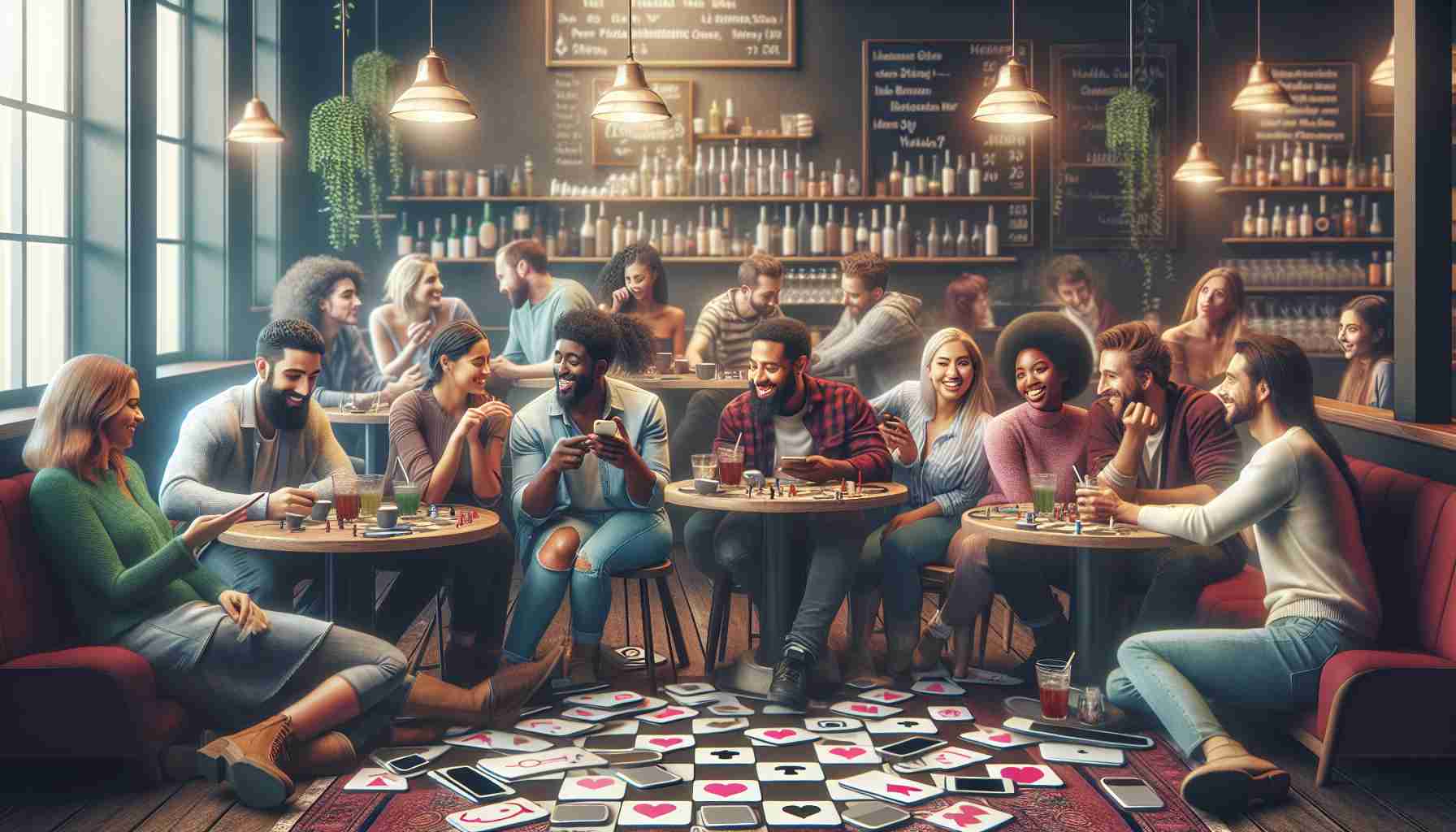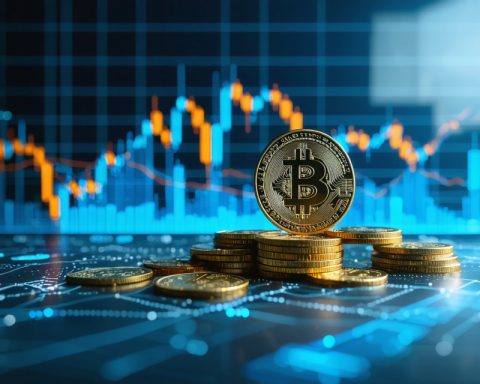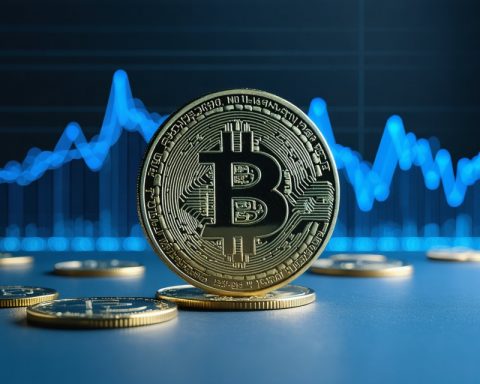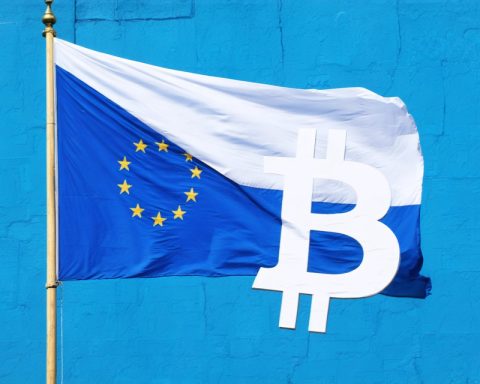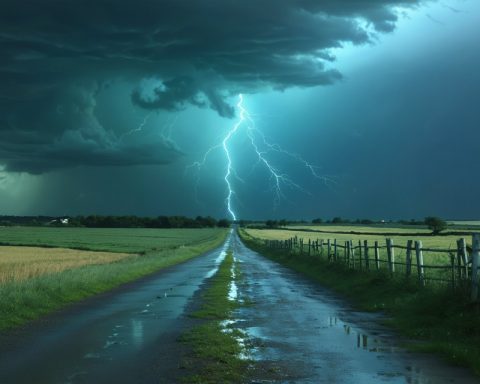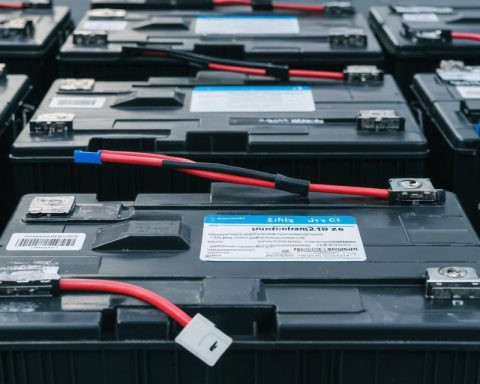In a bold move to find genuine connection, a group of 20 young singles recently came together in Madrid, embracing the charm of real-life interactions. These individuals, aged 25 to 35, participated in the innovative “slow dating club,” a growing trend across Europe that underscores a shift away from digital matchmaking.
Organized by Eva Sanchez, a 28-year-old creative director looking to revitalize her romantic pursuits after being ghosted, the club invites participants to engage in fun activities without the pressure of a traditional date atmosphere. With gatherings taking place monthly, Sanchez curates themed social events that foster organic interactions, with an entry fee of around 30 euros.
As interest in dating apps diminishes—evidenced by a near 20% drop in downloads since 2020—many young people now seek to rekindle the art of face-to-face encounters. Participants have expressed a desire for more authentic connections, revealing that social anxiety and the fear of coming off as intrusive prevent them from approaching others.
Psychologist Esther Jimenez notes that young adults often engage in online dating for entertainment rather than genuine relationships, leading to feelings of inadequacy. This new approach to dating emphasizes meaningful connections over superficial exchanges. In a world that often feels isolated, these singles are reclaiming the excitement of personal interaction, proving that love can indeed blossom beyond the confines of an app.
The Rise of Slow Dating: A New Approach to Human Connection
In a world increasingly dominated by technology, a refreshing trend is emerging that advocates for authentic human interactions—slow dating. This innovative movement, as demonstrated by a recent gathering of 20 young singles in Madrid, reflects a pronounced shift away from digital matchmaking and toward meaningful personal connections. The participants, aged 25 to 35, engage in fun activities organized by Eva Sanchez, a creative director aiming to rekindle genuine relationships in an age characterized by fleeting online encounters.
The significance of this movement extends beyond social lives; it holds pertinent implications for the environment, humanity, and the economy. The retreat from digital environments to real-world interactions has potential repercussions that ripple outwards.
Impact on the Environment:
Transitioning from virtual dating to real-life encounters signifies a reduction in the energy utilized by servers that host dating applications and the transportation undertaken by users to attend coordinated virtual events. Moreover, as more individuals engage in localized activities—like those organized by slow dating clubs—they are more likely to support local businesses, which in turn can foster community bonds and promote sustainable practices. This nurturing of local economies can encourage small businesses to adopt environmentally friendly approaches, contributing to a healthier ecosystem.
Humanity and Connection:
The apparent disconnect stemming from digital interactions has sparked various mental health issues, such as depression and anxiety. Psychologist Esther Jimenez highlights that many young adults view online dating as a source of entertainment rather than a means of forming genuine relationships, often leading to feelings of inadequacy and loneliness. By prioritizing face-to-face interactions through slow dating, individuals reclaim their self-esteem and emotional well-being. Cultivating these authentic connections can enhance the social fabric of communities, resulting in greater support networks and reducing isolation among individuals.
Economic Implications:
The shift towards slow dating represents an opportunity for local economies to flourish. As young adults seek venues that accommodate their social endeavors—whether cafes, parks, or event spaces—these businesses stand to benefit from increased patronage. Furthermore, the decline in dating app usage (with a reported 20% drop in downloads since 2020) might catalyze a reassessment of the dating industry, prompting investors to explore ventures that prioritize community-building and sustainable practices rather than algorithms.
Connections to the Future of Humanity:
As humanity increasingly grapples with feelings of alienation due to technology’s encroachment on daily life, the slow dating movement can serve as a blueprint for future society. By promoting interpersonal relationships and emotional intelligence, this trend may pave the way for a cultural shift that values connection over convenience. The revival of genuine human interactions is not only crucial for mental health but also acts as a catalyst for societal cohesion—an essential factor as we face pressing global challenges.
In conclusion, the rise of slow dating illustrates a growing desire for meaningful connections in an increasingly digital world. This movement carries potential benefits for environmental practices, mental well-being, and economic engagement, suggesting that humanity might find strength in genuine interactions. As we navigate the complexities of our modern lives, embracing the art of connection could very well shape a more grounded, compassionate future.
Rediscover Love: The Rise of Slow Dating Clubs Across Europe
In recent times, a significant trend has emerged in the dating sphere: the “slow dating club.” This movement is gaining traction across Europe as singles seek authentic connections in an era dominated by digital communication. A notable example occurred in Madrid, where a group of 20 singles aged 25 to 35 recently gathered to participate in this innovative approach to dating.
What is Slow Dating?
Slow dating is a social event format that encourages participants to engage in face-to-face interactions through curated activities rather than traditional one-on-one dates. Organizers like Eva Sanchez, who spearheaded a recent gathering in Madrid, aim to create a relaxed environment that alleviates the pressures commonly associated with dating. With a monthly gathering organized around themes, slow dating fosters opportunities for genuine connections without the anxiety of meeting solely for the purpose of romance.
Features of Slow Dating Clubs
1. Themed Activities: Each event incorporates interactive themes that encourage participants to engage naturally.
2. Reduced Pressure: Unlike traditional dates, participants can explore connections in a low-stress environment.
3. Accessibility: With entry fees around 30 euros, these events are affordable for young adults.
4. Social Engagement: Participants often find that engaging in group activities helps to mitigate social anxiety and fosters inclusion.
Benefits of Slow Dating
Pros:
– Encourages Authenticity: Participants express their true selves without the overwhelming pressure of dating expectations.
– Builds Confidence: Socializing in a group setting can alleviate fears of judgment.
– Fosters Meaningful Connections: Many attendees report developing friendships and connections that continue beyond the event.
Cons:
– Limited Romantic Focus: For those seeking immediate romantic connections, slow dating might not provide instant results.
– Event Dependency: Connections may rely heavily on the quality and creativity of the organized activities.
Market Trends and Insights
Evidence suggests that the popularity of dating apps is waning, with downloads dropping nearly 20% since 2020. This indicates a cultural shift as young people, feeling more isolated and craving genuine interactions, turn towards alternatives like slow dating clubs. According to psychologist Esther Jimenez, many young adults have found online dating can lead to feelings of inadequacy, often engaging with these platforms more for entertainment than for forming real relationships.
Predictions for the Future of Dating
As societal attitudes shift and the desire for human connection deepens, slow dating clubs are likely to grow in popularity. The focus on meaningful encounters is expected to transform the dating landscape, making it more inclusive and supportive. This revival of in-person connections signals a potential long-term trend away from the impersonal nature of digital matchmaking.
Conclusion
In a world increasingly dominated by technology, the emergence of slow dating clubs highlights a yearning for genuine human connection. By providing a space where singles can interact without pressure, these clubs are transforming the dating experience, allowing love to flourish beyond the confines of apps.
For more insights on dating trends and lifestyle, visit Dating Insights.
